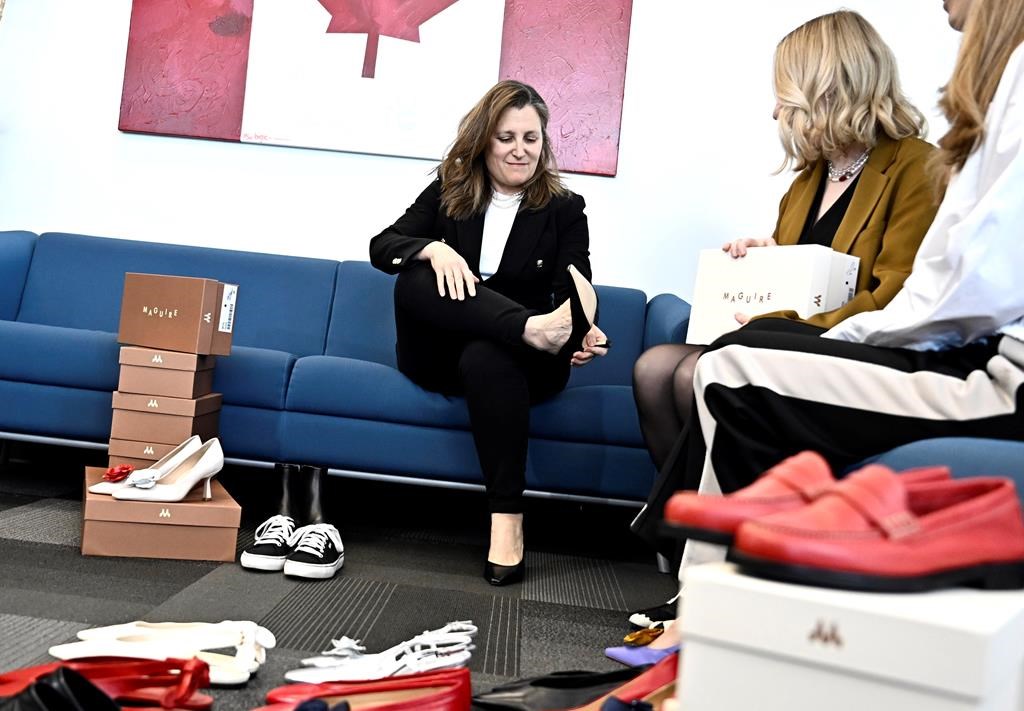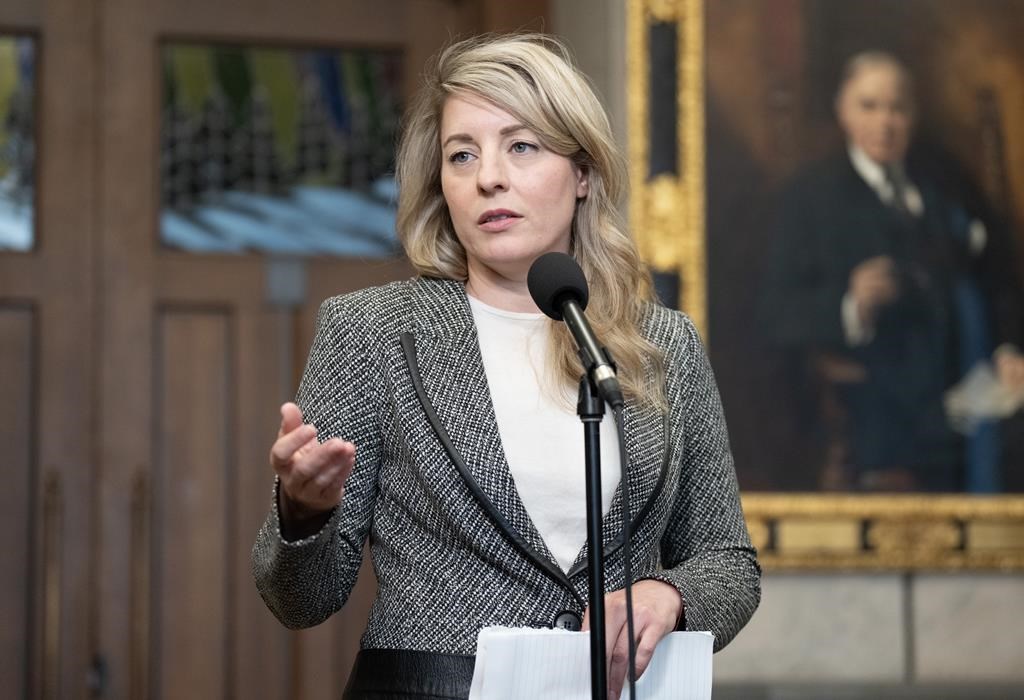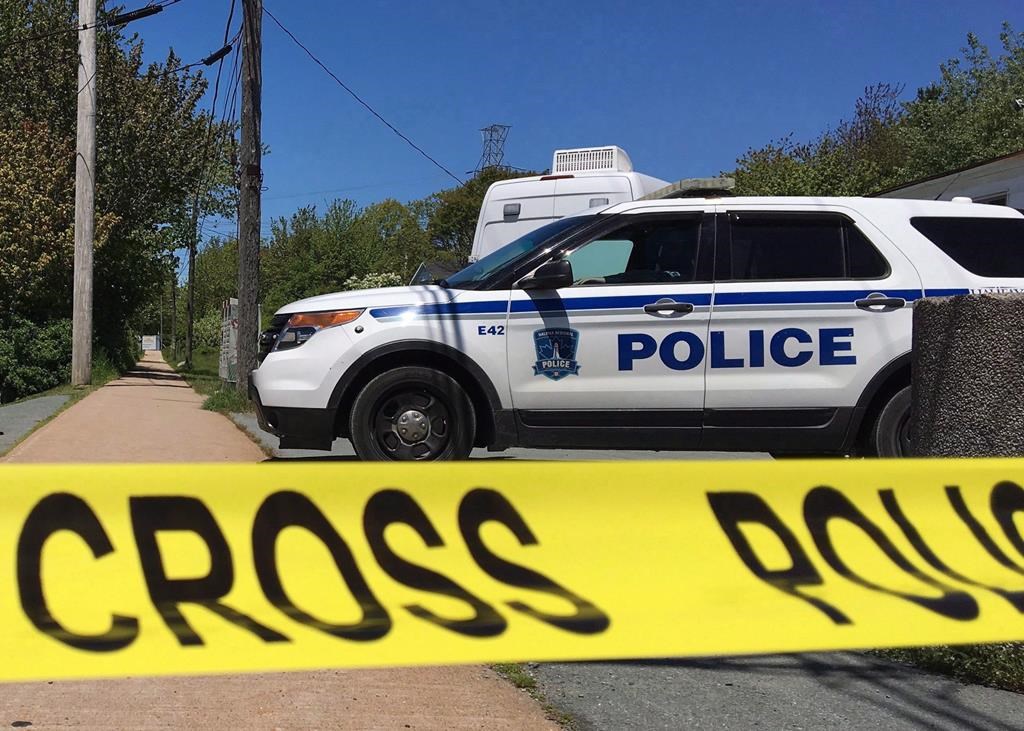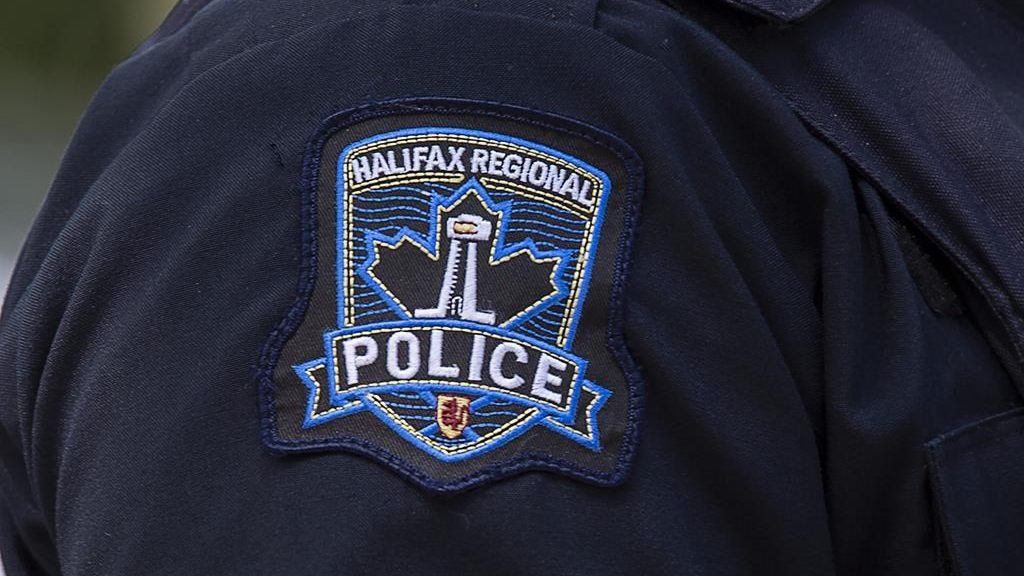Cost of 2015 election soars, partly due to marathon 78-day campaign
Posted Feb 5, 2016 03:32:51 PM.
Last Updated Feb 5, 2016 06:40:15 PM.
This article is more than 5 years old.
OTTAWA – Elections Canada says last fall’s marathon federal election campaign cost $443 million to administer — 53 per cent more than the 2011 election. And that’s just the preliminary estimate.
The independent agency doesn’t yet know how many millions it will have to pay out to political parties and their candidates, who are eligible for rebates of up to 50 per cent and 60 per cent respectively on their campaign expenses.
Elections Canada estimates that rebates topped $60 million after the 2011 election — a figure that’s bound to be significantly higher for the 2015 vote since the unusually long campaign meant spending limits for parties and candidates were effectively doubled.
The preliminary cost estimate is contained in an Elections Canada report on the Oct. 19 election, tabled Friday in Parliament.
Its release coincides with a new report by an election assessment mission conducted by the Organization for Security and Co-operation in Europe’s Office for Democratic Institutions and Human Rights.
That report concludes that Canada’s 42nd federal election was generally conducted well, featuring a “highly competitive” campaign that took place in “an open atmosphere” with results quickly announced and readily accepted by the populace.
But it also notes that some elements of the former Conservative government’s Fair Elections Act, passed without cross-party support or consultation with affected groups, imposed a more “burdensome” process for voters to prove their place of residence and limited the chief electoral officer’s ability to encourage voter participation.
In future, the OSCE mission recommends that any changes to election laws “should involve robust consultation and include a degree of cross-party agreement. Consultations should include, amongst others, representatives of women, aboriginal and minority groups.”
It also recommends that election day procedures be simplified and that the commissioner of elections, who enforces election laws and investigates breaches, have the right to compel witness testimony — a power the Conservatives refused to grant.
Among other things, the Fair Elections Act included a provision to increase spending limits for parties and candidates by 1/37th for each day a campaign exceeds the usual 36 days. Stephen Harper chose to call a 78-day campaign, thereby more than doubling the spending limits.
The OSCE mission says many of the people it spoke with complained about the “disproportional benefit” that measure gave to the Conservative party, which had much greater access to funds than rival parties.
Harper’s Conservatives nevertheless lost the election; Justin Trudeau’s new Liberal government has vowed to repeal the Fair Elections Act.
The unusual length of the campaign was partly responsible for the soaring cost of administering the vote, Elections Canada says in its report. But other factors also contributed to the hefty price tag, including the addition of 30 new ridings, an additional day of advance polls, additional election workers and higher pay rates.
Despite some hiccups, chief electoral officer Marc Mayrand says the conduct of the 2015 election was “generally a success.”
“This election was historic from several perspectives,” he says in a foreword to the agency’s report.
“It was the first fixed-date federal election, with the longest election period in more than 140 years; we saw a 74 per cent increase in advance voting and some 3 million more Canadians voted than in the 2011 election, resulting in the highest voter turnout in more than 20 years.”
That said, Elections Canada received some 11,000 written complaints, most about the voting process, including long lineups at polling stations. Mayrand says it’s clear Canadians want “more accessible and convenient election services” and the agency needs to take advantage of technology to streamline the voting experience.
“It was apparent that a system anchored in the 19th century is no longer suited to meet Canadians’ expectations,” he says.










